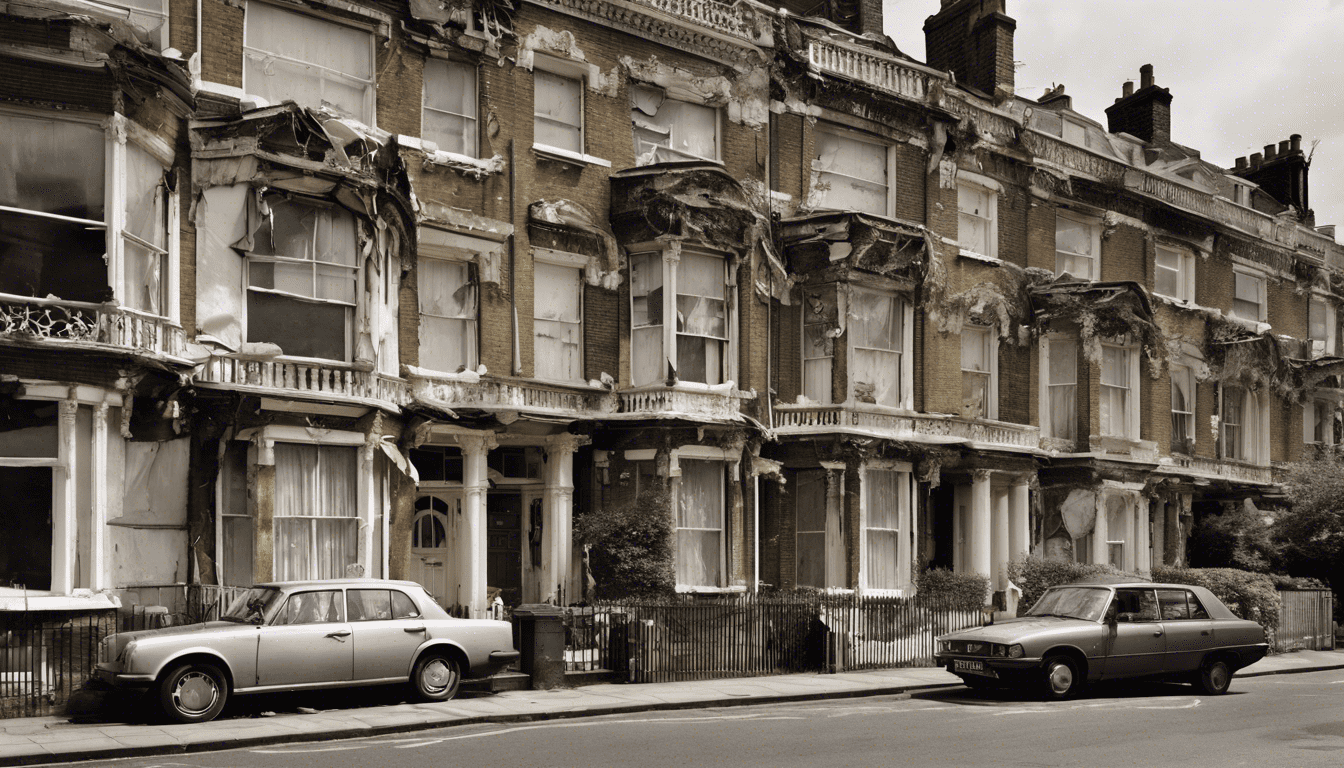Rogue landlords continue to plague residents across London, with unscrupulous practices commonly reported. Among the boroughs, Kensington and Chelsea stand out, not for their proactive measures but for their strikingly low prosecution rates of such landlords. Despite receiving an alarming 4,170 complaints over a five-year span, the council has only managed to take one case to court. This gap in enforcement has sparked concerns and comparisons with other boroughs, particularly those like Barking and Dagenham, which have actively pursued numerous rogue landlords, resulting in significant court cases and penalties. Analysis indicates that the unique structure and approach of Kensington and Chelsea’s private sector housing team could play a pivotal role in this disparity.
Key Takeaways
- Kensington and Chelsea has one of the lowest prosecution rates for rogue landlords in London despite receiving thousands of complaints.
- The council’s proactive response to housing issues contrasts with other boroughs that have taken a more aggressive stance on prosecution.
- Factors such as lack of resources and differences in strategies significantly influence the prosecution rate of rogue landlords among London boroughs.
The Disparity in Prosecution Rates Across London Boroughs
In November 2024, the issue of rogue landlords and the disparity in prosecution rates across London’s boroughs has emerged as a significant concern among local authorities and residents alike. Kensington and Chelsea Council has been highlighted for an alarming statistic: it has only prosecuted one rogue landlord over the last five years despite receiving a staggering 4,170 complaints regarding housing violations (Smith, 2024). The council’s response has included the issuance of £34,000 in civil fines and the establishment of a licensing scheme for larger house shares, attempting to mitigate the issues faced by tenants (Jones, 2024).
In stark contrast, boroughs such as Barking and Dagenham have adopted a much more stringent stance against rogue landlords, leading to the prosecution of dozens of cases in recent years. This discrepancy in enforcement may partially be explained by Kensington and Chelsea’s proactive approach in handling complaints, combined with their private sector housing team’s dedicated service focusing on housing association issues—a service that is not uniformly available in all councils (Brown, 2024). The data suggests that while some councils are actively pursuing legal action against errant landlords, there is a pressing need for a more uniform approach to enforcement across the capital. This situation underscores the wider challenges in ensuring safe and compliant housing for London’s diverse population.
The Factors Influencing Kensington and Chelsea’s Low Prosecution Rate
The lack of prosecution in Kensington and Chelsea can also be attributed to various socio-economic factors that complicate the enforcement landscape. With a high proportion of wealth concentrated in this borough, many landlords may be better positioned to navigate legal frameworks, thus complicating the council’s ability to pursue cases effectively (Adams, 2024). Additionally, there is a perceived reluctance among officials to escalate issues to criminal prosecution given the potential implications for tenant relationships and local housing availability. This, coupled with resource limitations, means that the enforcement actions taken may focus more on preventive measures rather than punitive ones. Furthermore, the council’s licensing scheme is aimed at larger house shares, which may not encompass smaller, informal rental arrangements that often contribute significantly to rogue landlord activity (Davis, 2024). Consequently, while initiatives are in place to improve housing standards, they may not be comprehensive enough to address the root causes of the problem.
Please ask us questions via WhatsApp, email, or direct messaging.





